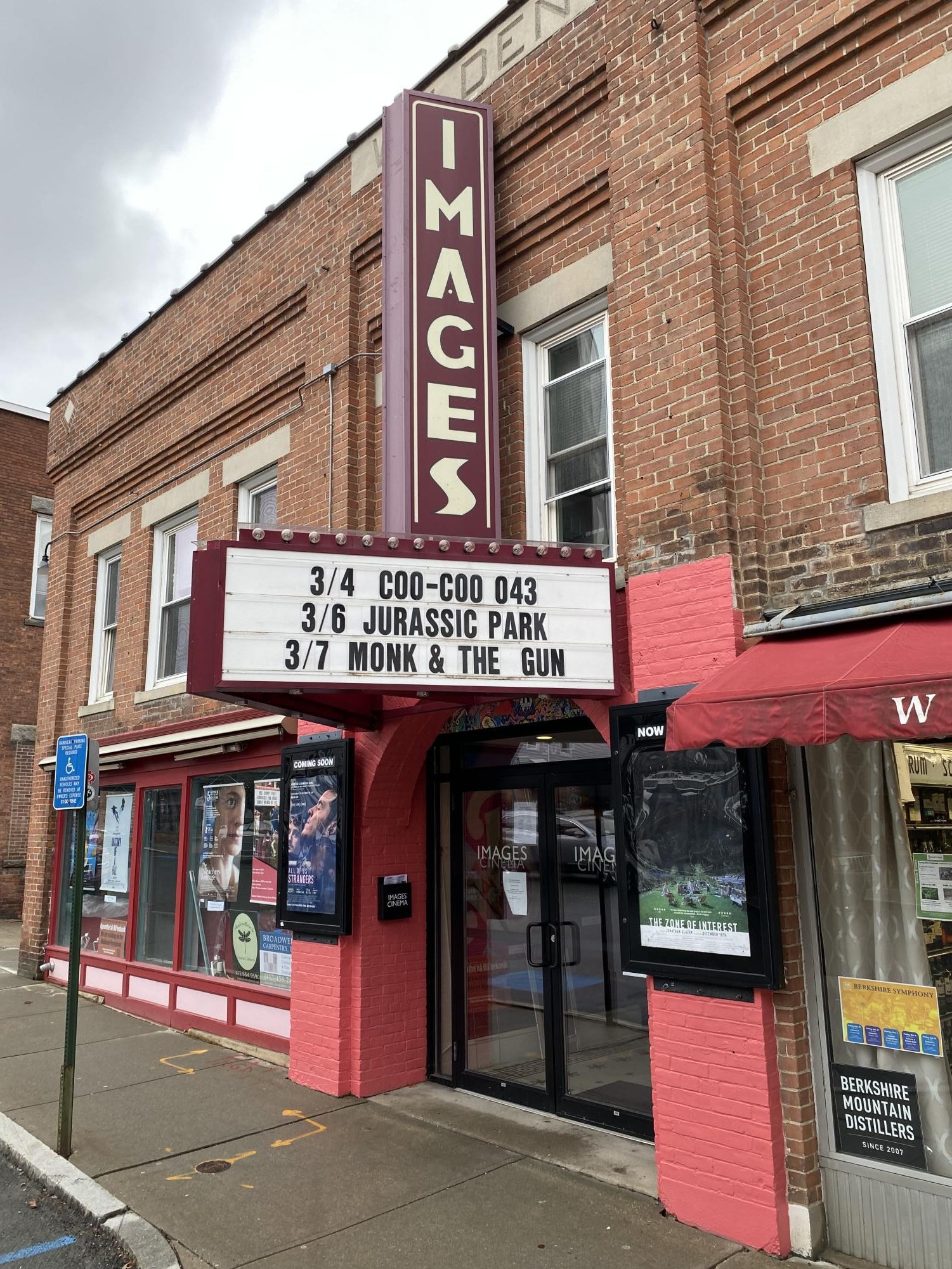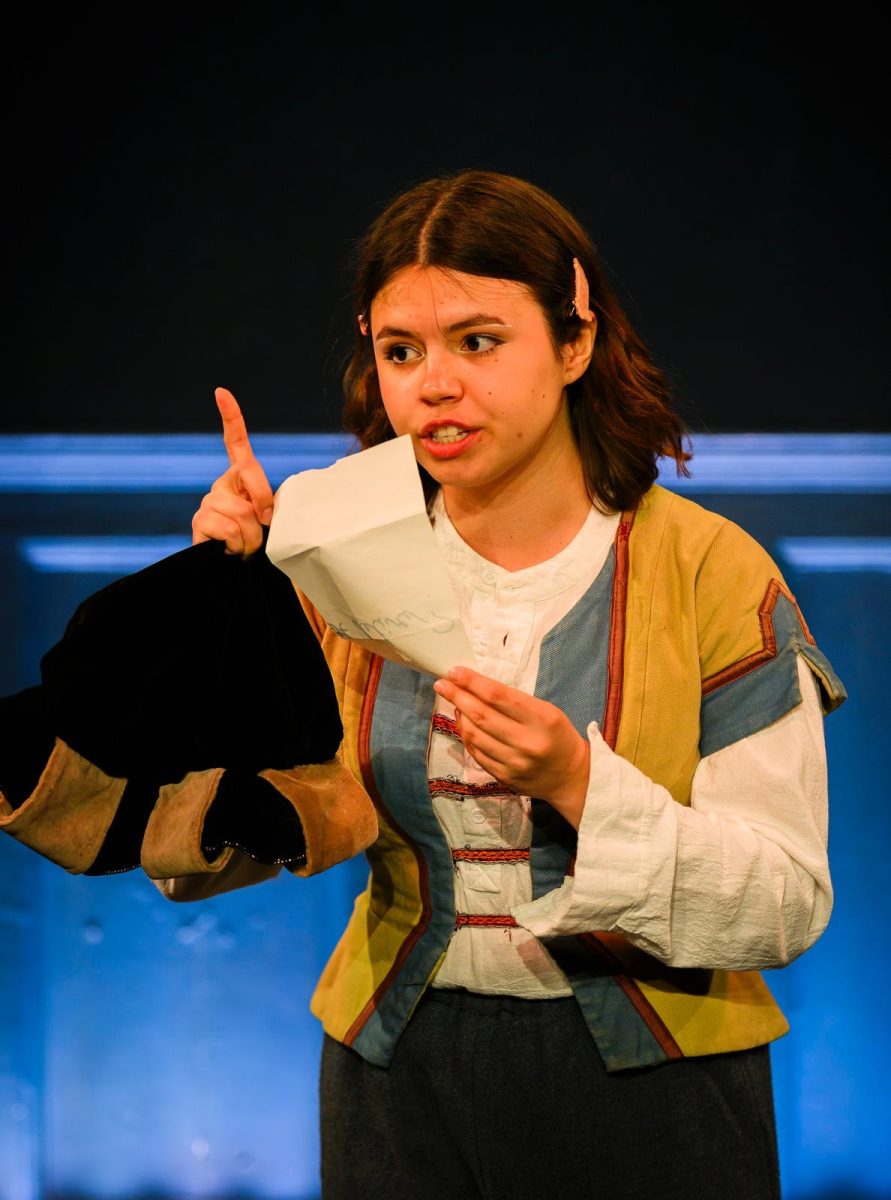
This week, Images Cinema is hosting the second Transnational Asian Film Festival (TAFF) in collaboration with the Department of Asian Languages, Literatures, and Cultures; Asian Studies Program; Center for Global Languages, Literature, and Cultures (CGLLC); and the education division of the Taipei Economic and Cultural Office in Boston. Through this year’s festival — titled “Home: Leave and Return” — the organizers hope to introduce the audience to films from cultures that are not usually represented in the American film industry and connect them to familiar themes of home, they told the Record.
The festival began on Monday, March 4, and will run through Saturday, March 9. The three films scheduled to play are Chan Ching-lin’s Coo-Coo 043 (2022), Pawo Chyning Dorji’s The Monk and the Gun (2023), and Phạm Thiên Ân’s Inside the Yellow Cocoon Shell (2024), from Taiwan, Bhutan, and Vietnam, respectively.
Associate Professor of Chinese Man He, one of TAFF’s primary organizers since its inception in 2022, wrote that this year’s festival portays a variety of represenations of home. “The festival helps us grasp the diversity and dynamism of each culture showcased, providing a glimpse into various aspects of life from urban and rural settings, to religious practices and responses, to political changes in the featured Asian cultures,” she wrote in an email to the Record. “Through authentic stories and performances, these films aim to bridge cultural gaps and connect us with distant cultures.”
Unlike last year’s festival, which explored themes of biopolitics in Asian communities during COVID-19, this year’s festival focuses on what home means to people who are returning home after experiencing other cultures. He wrote that one of this year’s goals was also to expand beyond East Asia and include more South and Southeast Asian films.
He wrote that she was influenced by the idea of home after returning to the United States from her sabbatical in East Asia in the fall of 2023. “Within and beyond our Williams community, inside and outside classrooms, we have either learned stories about or acted out as global Asians/global citizens,” she wrote. “What does ‘home’ mean for global Asians, and [at] large, global citizens? Can we return home after leaving one’s native culture or sojourning to other cultures?”
Organizers chose not to include punctuation in the festival’s title in order to leave the meaning of each film open to interpretation, He wrote. Festival attendees are expected to decide what the films say about reconciliation or becoming isolated on their own terms.
“For me, ‘home’ is a universal theme that represents a space to reconnect or become separated, to reconcile or become further estranged, and to reform or conform,” He wrote of her own interpretation.
Aiming to bring a wide spectrum of Asian film culture to the College and Town community, TAFF will explore the common and unique challenges faced by each Asian culture represented through the films through authentic stories and performances, He wrote. “I hope this film festival can examine these universal conflicts within the specific cultures featured, which are distant from Williams.”
Given the success of the German-Austrian and French Film Festivals held at the College, Li Yu — who is a professor of Chinese and the chair of the Department of Asian Languages, Literatures, and Cultures — emphasized the importance of adding diversity to the film festivals at the College. “Most Americans know very little about the vast diversity of Asian cultures,” Yu wrote in an email to the Record.
Executive Director of Images Cinema Dan Hudson said that he is excited to spotlight films from countries that are typically not widely screened in the United States. “[I feel like] Asian cinema is underrepresented, especially in the American arthouse context, and there was a real interest from the transnational side of it that each year different countries are represented,” he said in an interview with the Record.
TAFF’s representation of Asian cultures, languages, and experiences depicts authenticity without distorting or exaggerating burdens and joy of life, He wrote to the Record. “[The films] do not perpetuate ‘otherness’ or ‘foreignness,’” He wrote. “Instead, I see how much we are feeling close and connected in spite of being different.”
Yu wrote that she hopes TAFF will turn into more of a “hands-on” experience in the coming years as it becomes a tradition at the College. Considering learning as an experiential process, members of the Department of Asian Languages, Literatures, and Cultures hope to have more students involved in selecting the films and organizing the festival as a way of engaging more meaningfully with Asian languages and cultures, Yu wrote.
“Learning another language and culture is not about sitting in your own comfort zone and looking at ‘the other’ from a safe distance,” Yu wrote. “It is more about doing things in that language and culture.”







